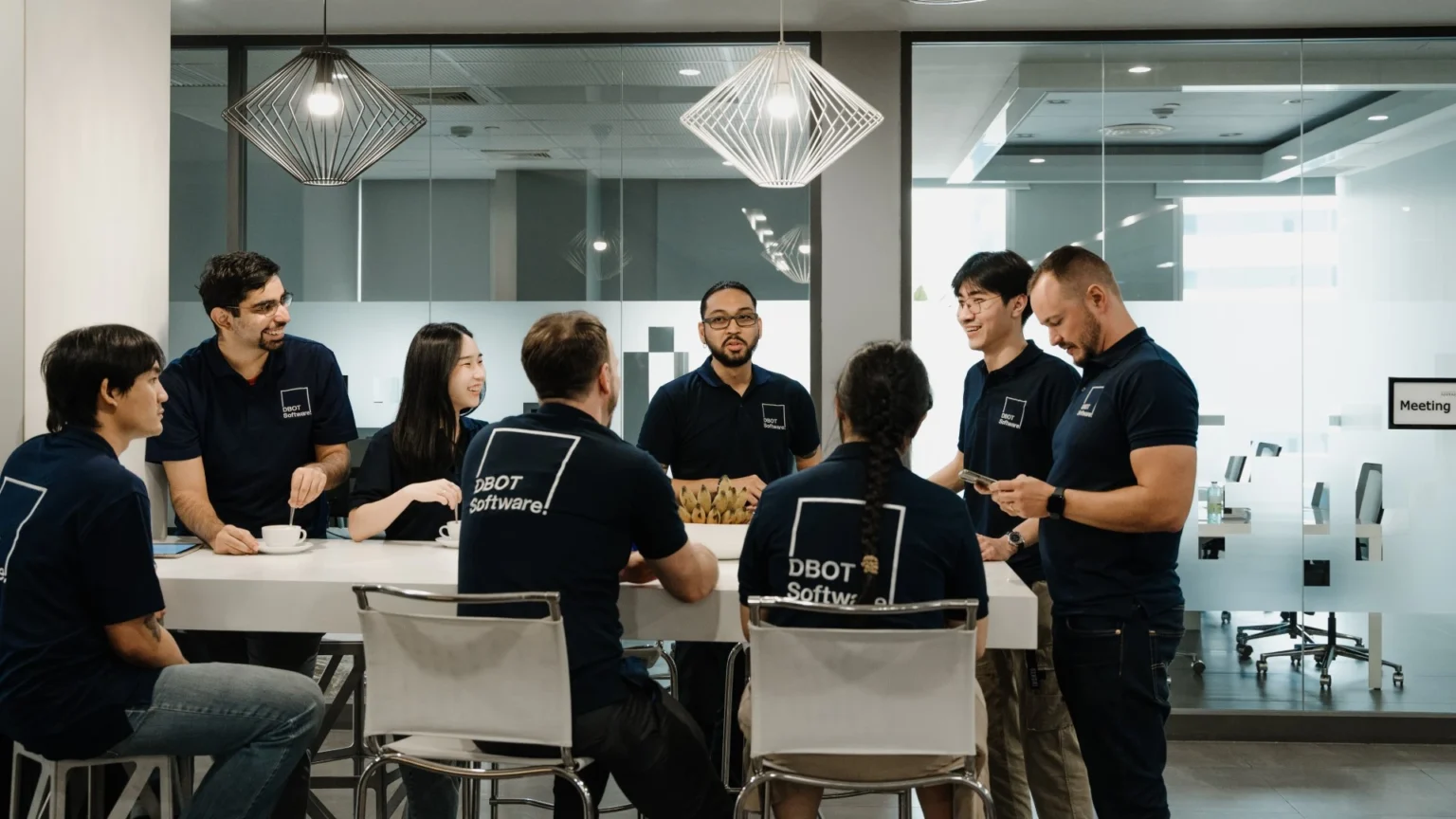AI Shopping Assistants That Turn Browsers Into Buyers
Give Every Customer a Personal Shopping Guide With AI
Most online stores still expect customers to do all the work, search, filter, compare, and guess which product fits their needs. A modern AI shopping assistant changes this by actively helping customers: asking questions, suggesting products, and answering doubts in real time. DBot Software designs and implements AI shopping assistants that sit on top of your catalog, understand your products, and guide users to the right choice faster.
Book a Free AI Assistant Strategy Call
/The Challenge/
Self-Service Stores Leave Customers Alone With Their Questions
When customers are unsure which product is right, they hesitate, bounce, or leave items in the cart. FAQ pages, static filters, and generic live chat often fail to give clear, tailored guidance. We see this especially in complex catalogs, technical products, configurable items, or large assortments, where customers need help translating their needs into the right product choice.
Client retention
On time delivery
Industries Trusting Our Solutions
NDA Included
Strict adherence to confidentiality
IP Rights Secured
All Intellectual Property belongs to you
/Our Approach/
Imagine a Store Where Every Visitor Has a Helpful Assistant
Imagine a customer saying: "I need a LEGO gift for a 9-year-old who loves space and has around 80 USD budget" or "I want a chair for home office use, 8 hours a day, with back support", and instantly seeing curated, relevant options. An AI shopping assistant can ask follow-up questions, refine options, cross-sell, and clarify shipping, returns, or compatibility, all in one conversational flow. Staying with static interfaces means leaving that potential experience, and revenue, on the table.
/Get Started/
Start Designing Your AI Shopping Assistant Today
Tell us about your catalog, typical customer questions, and business goals. We will propose an assistant concept, architecture, and rollout plan that matches your current stack and roadmap.
/What’s at Stake/
Avoid Generic Chatbots, Hallucinations, and Off-Brand Answers
Not all chatbots are AI shopping assistants. Many are rule-based, frustrating, or hallucinate incorrect information. We avoid this by grounding responses in your product data and policies, adding guardrails, and testing with real scenarios before full rollout.
Talk to an AI Shopping Assistant Expert/Proven Results/
Trusted by Ambitious, Data-Driven Brands Across 12+ Industries

From retail and marketplaces to logistics and education, companies choose DBot because we bring together AI expertise, software engineering, and understanding of real operational constraints.
Real Impact From Smarter Digital Experiences
Our previous projects have delivered 60% workload reductions and hundreds of thousands of dollars in yearly savings for clients like DD Bricks, plus major scalability and efficiency improvements for platforms like Alpega and Häfele. The same engineering discipline and data quality apply directly to AI shopping assistants.
Frequently Asked Questions About AI Shopping Assistants
Here are the most important questions companies ask when thinking about adding an AI assistant to their e-commerce experience.
Contact usWhat is an AI shopping assistant?
It is a conversational interface that helps customers find products, compare options, and complete purchases via chat-style interactions on your site or app.
Does it replace my existing store?
No. It enhances your store by sitting on top of your catalog, search, and cart, guiding customers through the journey instead of making them click through endless menus.
How does it understand our products?
We connect it to your product data, categories, attributes, and content, then use vector search and LLMs to generate relevant, safe answers.
Is it safe to use an AI assistant with customers?
Yes. We add guardrails, content filters, and strict grounding in your data to avoid hallucinations and off-brand responses.
How do we measure success?
We track engagement, conversion rate after assistant use, average order value, support deflection, and customer satisfaction scores.







